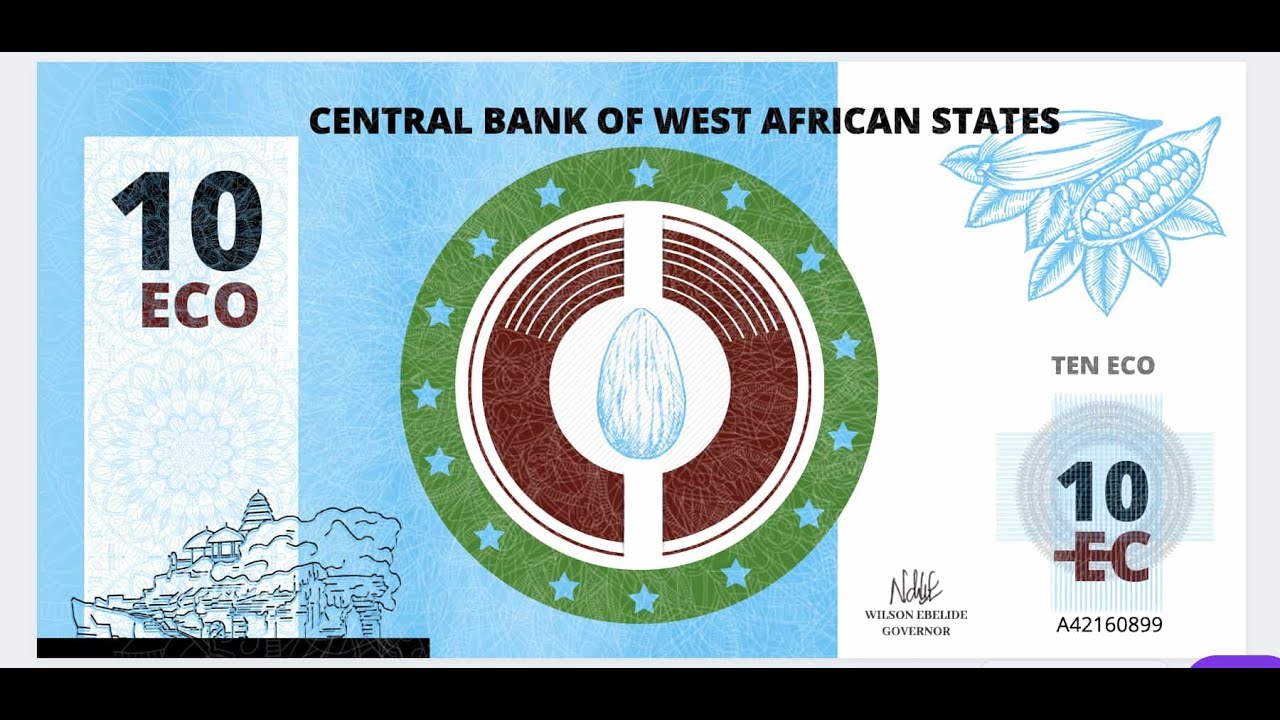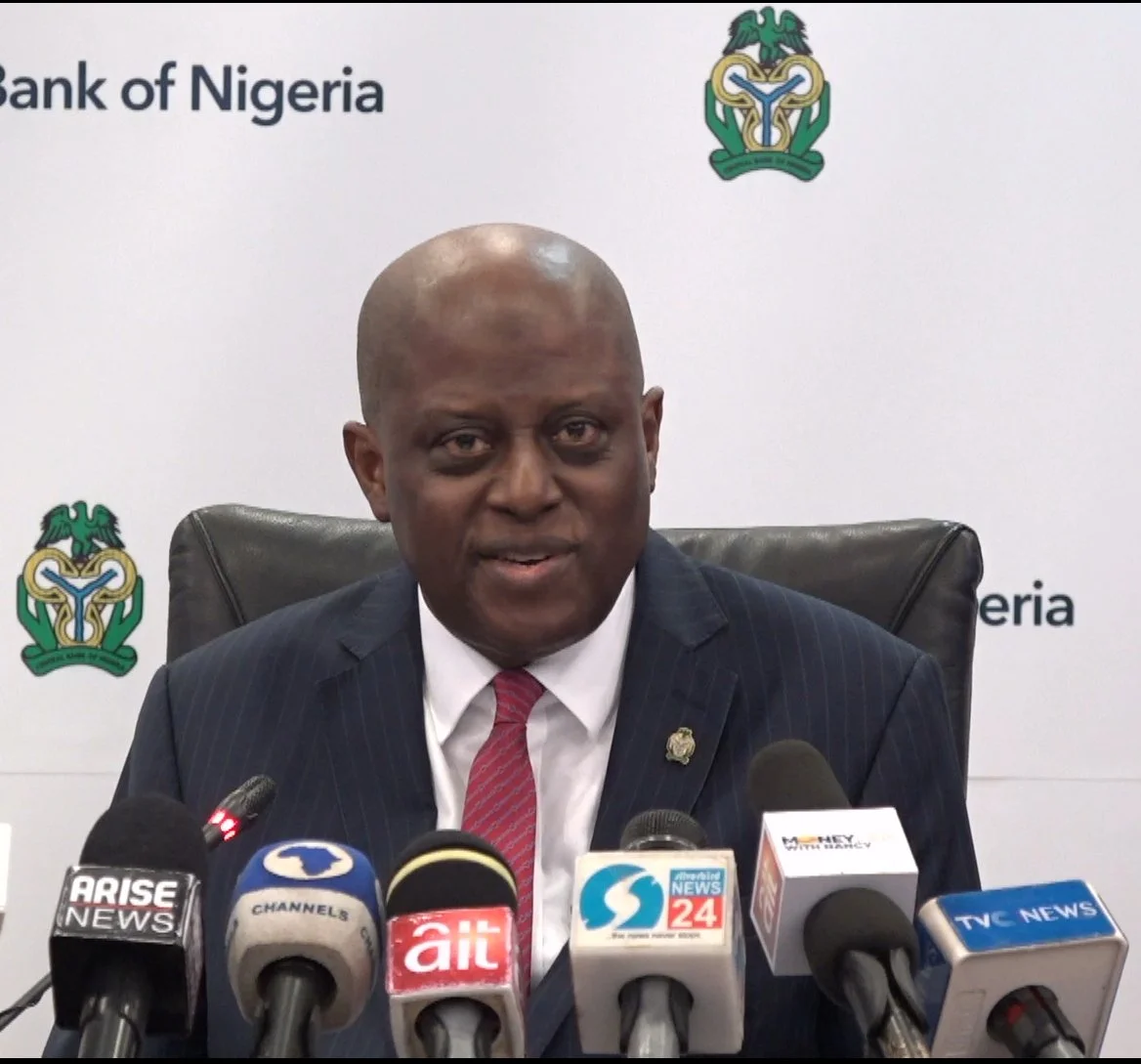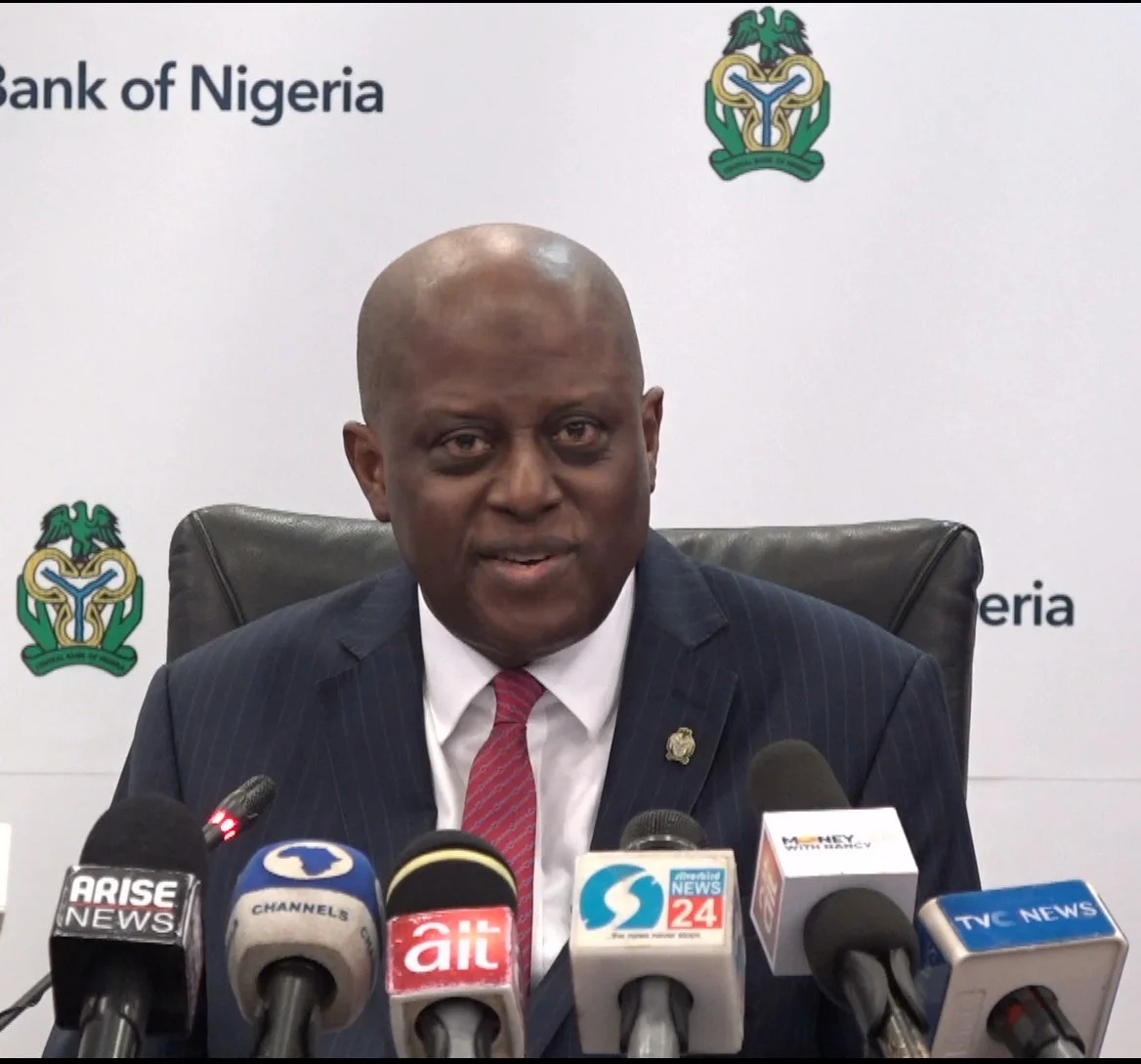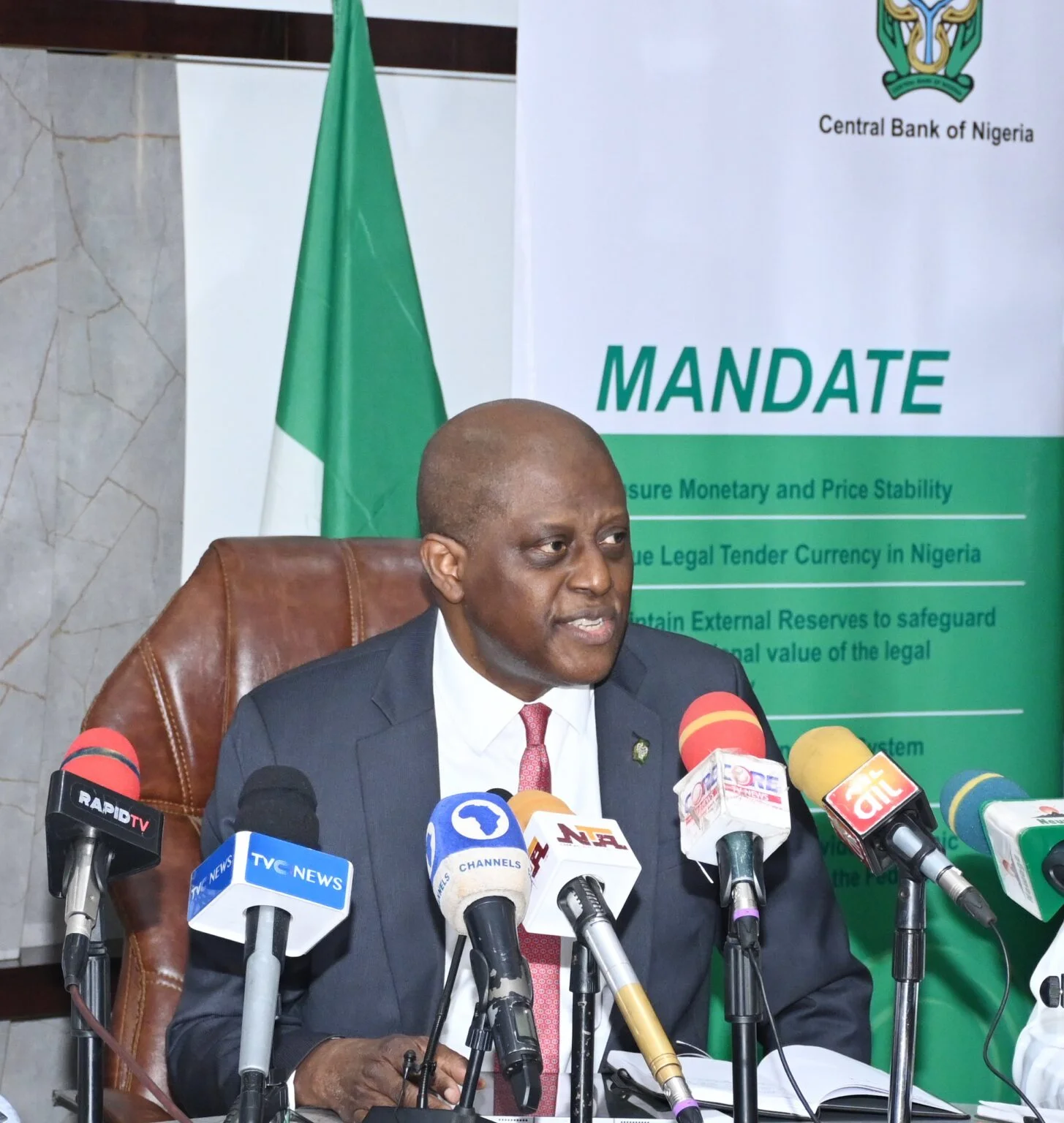The Economic Community of West African States (ECOWAS) is ramping up preparations for the introduction of its single currency, ECO, following a consensus reached during its 65th Ordinary Session.
This announcement was made in a communiqué released after the 66th ordinary session of the heads of state and government meeting held in Abuja on Sunday.
Initially scheduled for launch in 2020, the rollout of the ECO was postponed due to the impact of the coronavirus pandemic. The new target date for its introduction is now set for 2027.
The Authority confirmed that it has adopted selection criteria proposed by the High-Level Committee to identify member states that will initially adopt the ECO and those that may join later. It has tasked the Commission, in collaboration with the West African Monetary Agency (WAMA), to integrate these criteria into the protocol for establishing the ECOWAS Monetary Union Agreement.
Additionally, the Authority endorsed the High-Level Committee’s recommendations regarding the financial aspects—costs, funding sources, and modalities—necessary for implementing the reforms and institutions required for the ECO’s launch.
Member states and central banks have been urged to take immediate action to fulfill their financial commitments to operationalize these institutions once the official launch date for the ECOWAS single currency is confirmed.
The Heads of State also called on the High-Level Committee and the ECOWAS Commission to accelerate efforts to meet the established deadlines for creating and operationalizing the institutions essential for the ECO’s launch.
Moreover, the Authority acknowledged the progress made in executing the ECOWAS Agricultural Policy (ECOWAP) as part of efforts to enhance food security and nutrition in the region. Recognizing the vital role of agriculture in the socio-economic development of member states, the Authority directed the Commission to promptly implement regional strategies focused on livestock farming, the Regional Rice Self-sufficiency Initiative, and the Comprehensive African Agriculture Development Programme (CAADP) Action Plan for 2026-2035.
The Authority also welcomed the strengthening of partnerships with technical and financial stakeholders and urged member states to collaborate with community institutions to achieve these regional food security initiatives.
The introduction of the ECOWAS currency is expected to facilitate trade and stimulate economic growth within the region.
Experts suggest that the transition to a single currency may involve an initial phase where both national currencies and the ECO will circulate concurrently. Others propose that the first phase of implementation could consist of two distinct ECO zones, where countries would peg their national currencies to the ECO.





